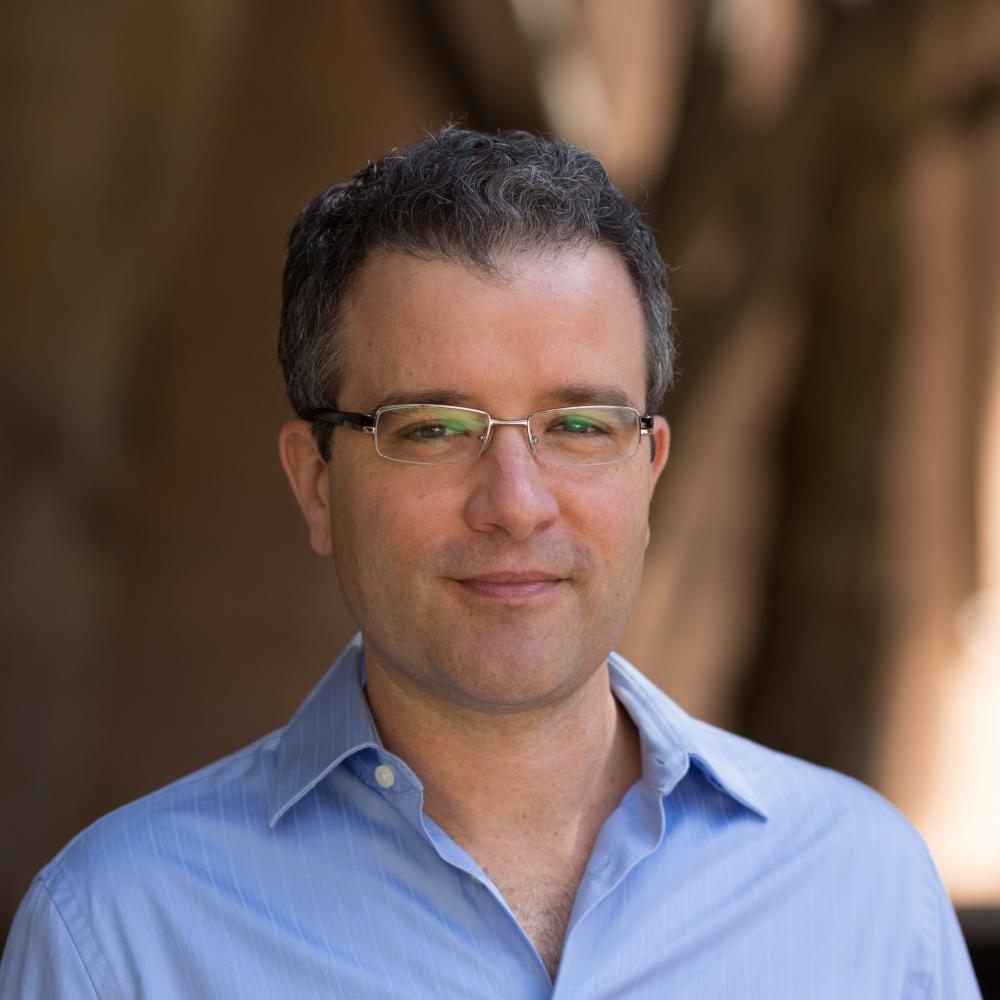 To understand more about the evolution of water and ice in the far north, Earth scientist Laurence C. Smith is charting a new course—combining field expeditions with satellite and airborne remote sensing technology to study changing river flows, melting ice sheets and glaciers, and thawing permafrost.
To understand more about the evolution of water and ice in the far north, Earth scientist Laurence C. Smith is charting a new course—combining field expeditions with satellite and airborne remote sensing technology to study changing river flows, melting ice sheets and glaciers, and thawing permafrost.
"Global climate change is a serious threat for people and the environment, and the Arctic is experiencing it at roughly double the global average rate," says Smith, now John Atwater and Diana Nelson University Professor of Environmental Studies and professor of earth, environmental and planetary sciences at Brown. "By leveraging cutting-edge satellite technologies and remote field work, I hope to understand and predict some of these globally important changes that are happening now."
Smith is engaged in research across the Arctic, from Alaska and northern Canada to Siberia, Greenland, and Iceland. His lab focuses on understanding little-understood physical processes in obscure geographic locations—all in an effort to answer pressing questions that will impact scientists' ability to forecast the disparate effects of climate change.
"For example, melting of the Greenland ice sheet is already contributing significantly to global sea-level rise and will continue to in the years ahead, yet the climate models that are used to predict future sea-level rise caused by Greenland have not been verified or tested on the ice sheet surface," he explains. "One of the novel things we have done is to actually go onto the ice sheet surface, in the melt zone, to test the accuracy of these global climate models."
Smith is thrilled to be bringing his groundbreaking research and expertise to Brown, and to the Institute.
"IBES is a growing center of excellence cutting across the social and physical sciences, something I feel society needs badly right now," he says. "Brown undergraduate and graduate students are superb and I am excited about the many opportunities to interact with them through small class settings and research. My new IBES colleagues are brilliant and dedicated scholars, and I look forward to learning much from them."